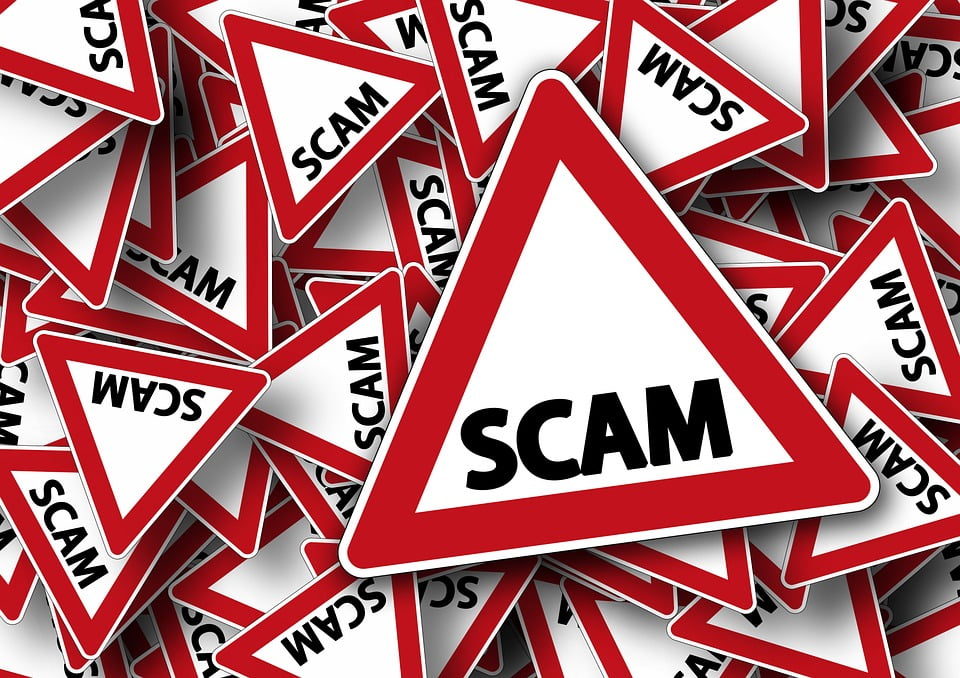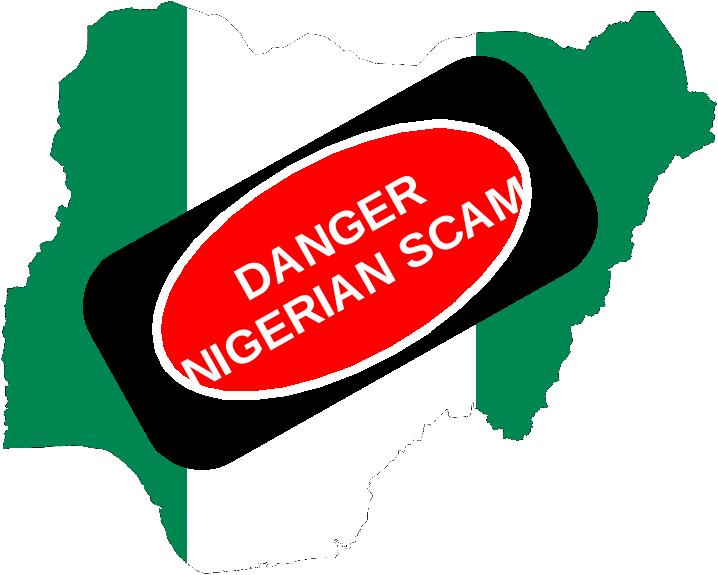Modeling and Acting scams keep evolving
Modeling and acting scams have been around for decades. As long as there are millions of kids, teen and adults who would love to do what their favorite models and celebrities do, it will continue. With that said, scammers have been upping their game and those scams are getting harder and harder to spot.
For years, scammers have been attempting to post casting calls all over the internet to suck in their victims. The past few years have seen a change in their game plan. For the most part, those modeling scams have been fairly easy to spot as they usually included descriptions that everyone may fit into, poor spelling, seemed written by a non-English speaker, lacked a website address, lacked a phone number and used an anonymous, free email address.
They upped their game:
Typos and poor grammar are no longer the case. While, I hate giving these scammers a heads up on what they are still doing wrong… I felt I had to bring it up in order to list the warning signs and hopefully help others learn how to spot them. These fakes are getting missed and have infiltrated many good sites, including those that require membership payments.
The scammers have realized that they in fact need a company name, a phone number, a non-free email, well written copy, and a list of clients and past projects that look authentic.

So here is their improved game….
They find a website address that used to belong to a real production company or agency. Companies go broke all the time and finding those addresses once they stopped paying to have the site is quite easy. Then, they can actually download the old site from internet records to make it look identical or they can copy the pages from another actual site to make it look professional. They will include contact info, street addresses, list of clients, list of past projects and everything else that should be included in a REAL site. They include samples of their work such as youtube clips of commercials, scenes from movies, print ads, online campaigns and everything else that people look for to gain credibility.
They know that people are savvy to the scams and will Google the names listed, credentials and past projects. They know people will look for reviews of those people and their associations. Problem is that it is all fake!
The names used are pulled from the internet. The projects are pulled off the internet and while the people are real, they have nothing to do with them. They are simply pretending to be people they are not.
These scams are much harder to spot as the information used is correct and looks professional. What they do is keep all the real info yet change the contact information to their own. They go as far as getting gmail accounts that are similar to the real ones as secondary contacts. For example if a casting directors email is john.doe@gmail, they will create one as johndoe@gmail.

So how do you spot them?
The easiest way to check a site that looks very professional, is by running a internet records search and actually looking up the posted data for acuracy.
For instance, I just got 1 today that had a great looking website, however, their social media links (listed in the footer) went to facebook.com, twitter.com, etc. They also listed a street address that did not exist on their contact page. It was actually something like 31 Street Avenue, NY… Really? The Street Ave. part, as glaringly wrong as it may be, is an easy one to miss if simply checking to see if an address exists.
Look for:
- Fake addresses that do not exist (Google them).
- Incorrect usage in US addresses (Ex: including U.S.A. is US addresses – No one includes U.S. A. for a NY address since we all know New York in in the US)
- Real addresses that Google Search will tell you belong to a different company.
- Addresses in business parks or high rises that lack a suite number.
- If in doubt, pull up the Google street map (I have seen a public park used before)
- Small production companies claiming to have offices worldwide or in many States.
Faking the address is very difficult since public records will not match, so most of these scammers depend that no one will check that far. They will either use one for a real building (minus suite #) or try to fake it completely such as the one I just saw at some number on street avenue. If the address is suspicious, it is a 100% scam. Problem is that they know that many people will only check to see if there is an address and not take the extra steps to verify it. Phone numbers are meaningless these days as everyone can create a free Google phone number.
If you are suspicious but not totally convinced:
Check the business records. Most company information is public record. You can go to the State site for businesses and search for the company in question. In NY for example you can go https://www.dos.ny.gov/corps/bus_entity_search.html to see if a record exists. The scammer today used a production company name with inc. at the end (sounds even more professional with incorporated in the name). Pretty sure no one wants to bet on whether it’s in the NY database of companies. Of course, it was not!
For the most part, companies that have employees and office addresses, usually took the time to create an actual company as well.
Never be afraid to ask for that information if you can’t find it. Websites can be faked, Business filings with the State, not so much… and those with the State should include the correct contact, principal and address information. You can register a website as anonymous, but the State does not do anonymous anything when it comes to businesses and their taxes.
Check website whois records to see when they got updated:
Scammers now have great looking websites, that info is public as well. The registration information for the actual domain name will give you the information you need to see when they ACTUALLY started.
Keep in mind:
- Established businesses did not get created yesterday.
- The date associated with the website registration and DNS update should not be recent.
- Businesses that deal with customers should not be registered anonymously.
The casting I just got which prompted this entire post is actually listed on many casting sites, including professional paid services. Just because it is listed on what is known to be a “good” site, does not make it safe. Casting & auditions sites, just like this one, post notices for 3rd parties. While many are posted by productions that have established relationships with the sites, many are not and everyone MUST do their own due diligence.
Other red flags to look for:
Upfront payment sight unseen – This type of scam is a twist on the Nigerian check scam usually. They pull people in, send out a money order or check and request that victims cash it and forward a portion of the money to “their” people. They get away with this because people think if they are paid, it can’t be a scam. People cash those checks, the bank gives them the cash on “credit.” Yes, credit. Banks will credit customers the money before they know if the check is good. Those checks come back as stolen or fake days to weeks later and the bank then takes back the “credit” straight out of the victims account.
There is no such thing as upfront payments in acting or modeling. The usual process is you work, then get paid, sometimes 30 days later.
These scams almost always talk people into cashing a fake check and then telling them they need to send payment to their stylist, crew, MUA, travel agent, etc. If people would just stop and think for a minute about the transaction, they would realize how absurd it is for a company to send thousands to a stranger and trust this stranger to actually do their job for them by paying their people. It’s kind of like buying something at Amazon, then Amazon sending you a check, to cash and personally forward that cash to their delivery service and vendor. Sounds crazy, right?
Don’t dismiss your gut feelings:
The scam listed above is one that I see daily. It is an international check cashing scam that has been around for decades. There are other types of scams as well, some perpetrated by actual businesses in bait and switch sales pitches and other underhanded tactics which try to do the same thing… separate folks from their money.
When it comes to promises of fame, people tend to see the red flags, and still go through with it because they wonder “what if this is actually real.” – As with pretty much anything, if it sounds too good to be true, it most likely is not true.
Listen to your gut, never be afraid to ask questions and always do the proper research.
Be sure to also check out some of the other posts I have done on this subject
https://www.auditionsfree.com/avoid-acting-modeling-scams-part-2/ and How to Spot a Modeling / Acting Scam and Child acting scams which has 100’s of comments from those affected.
